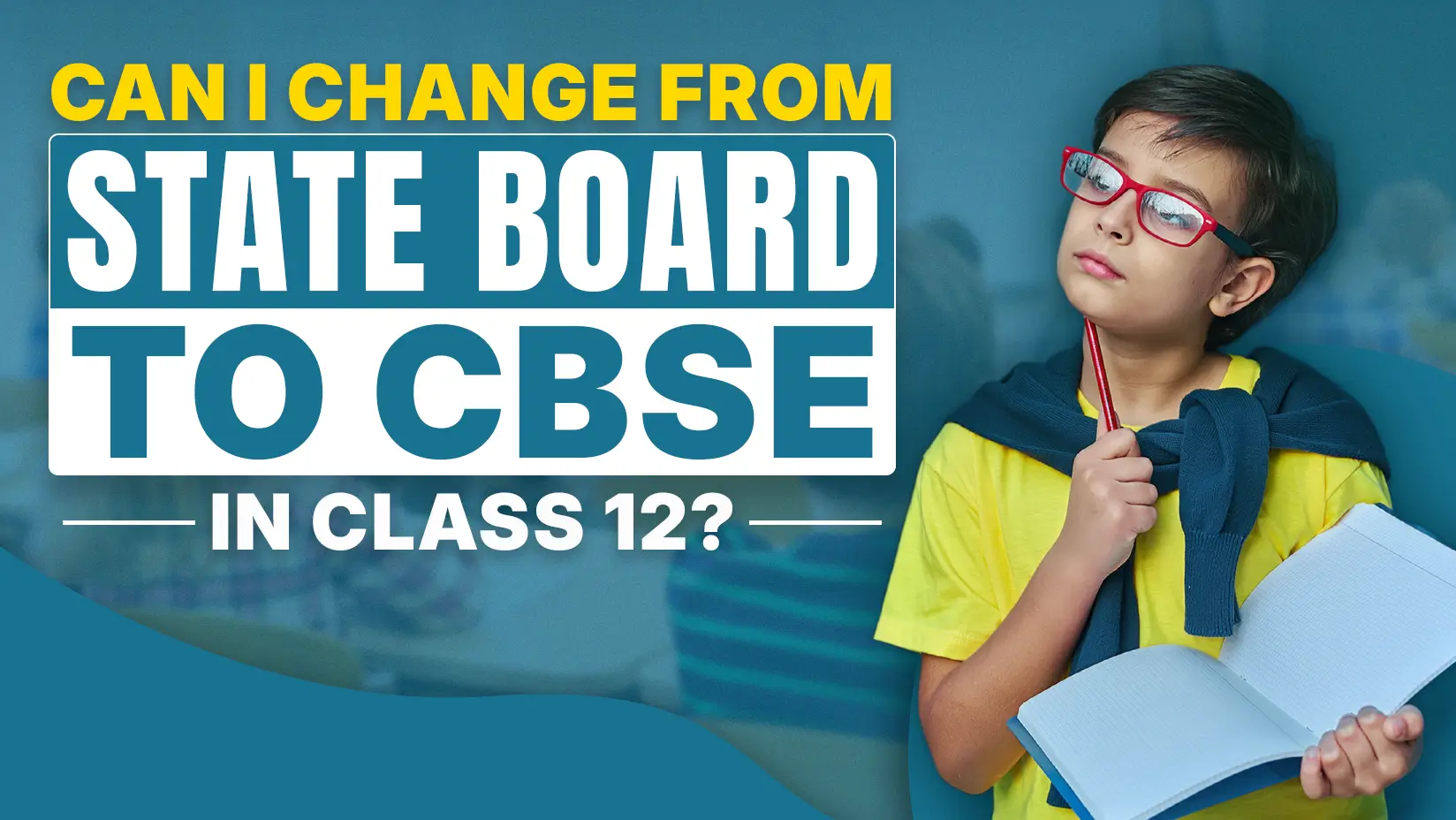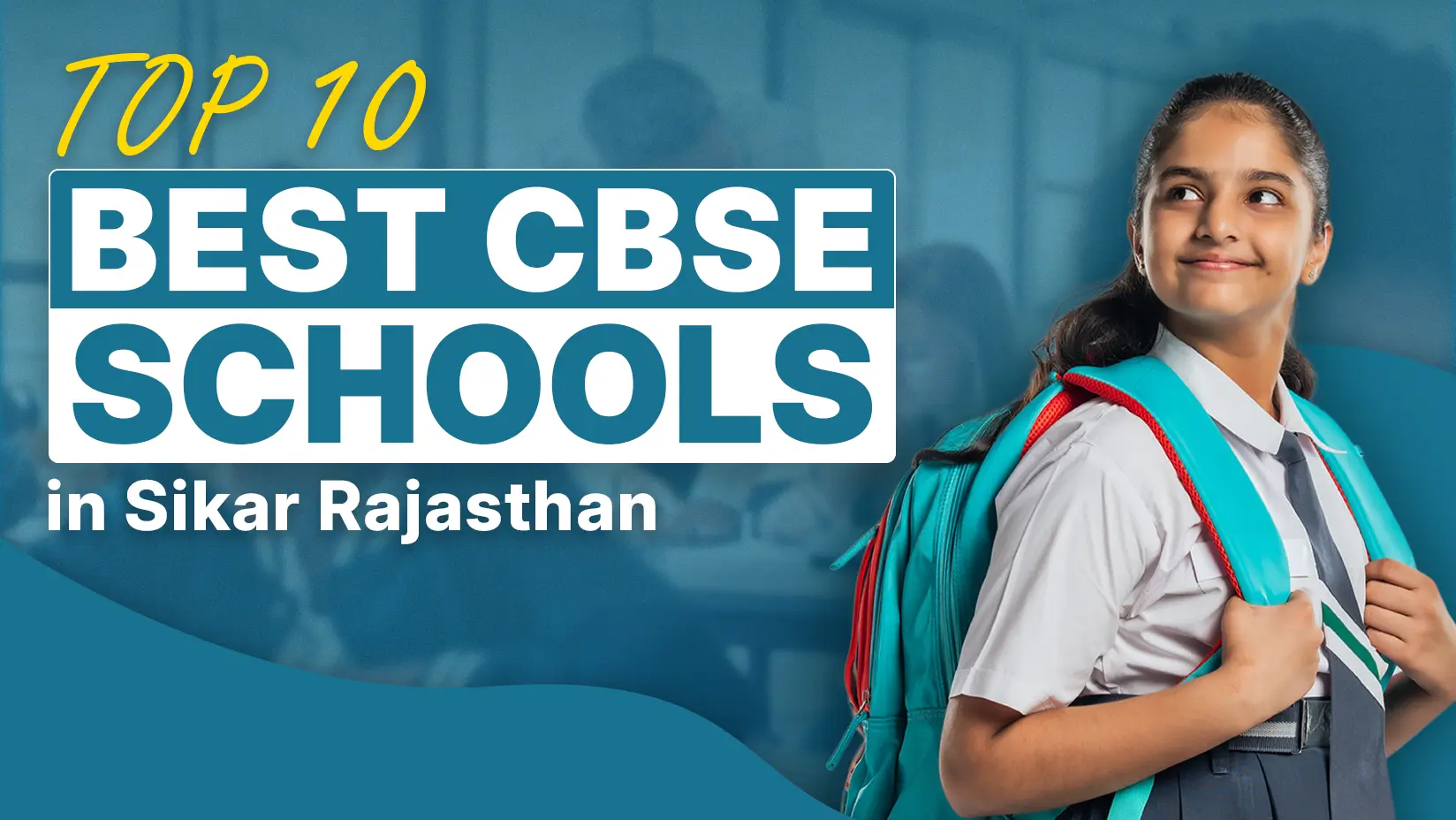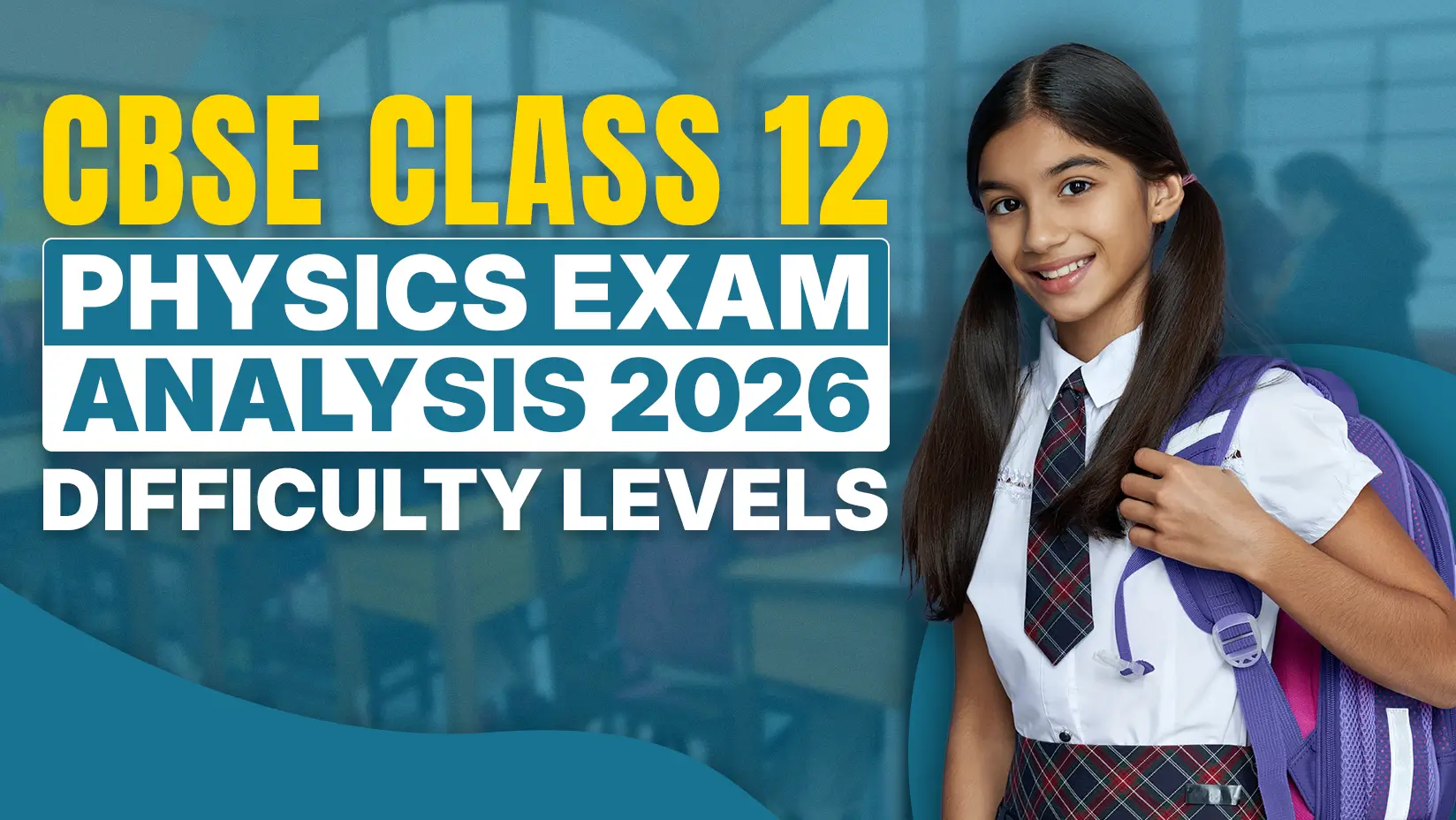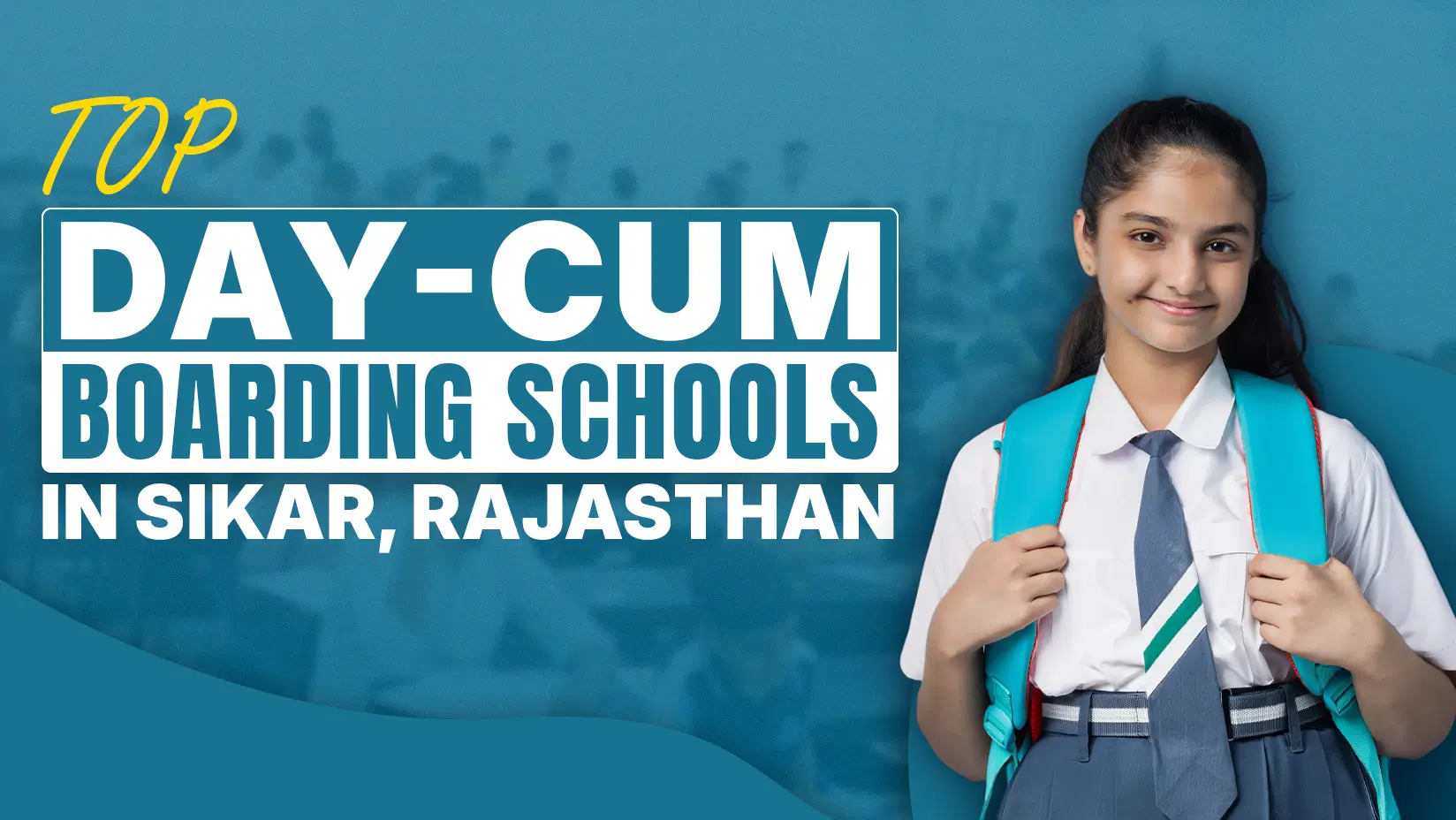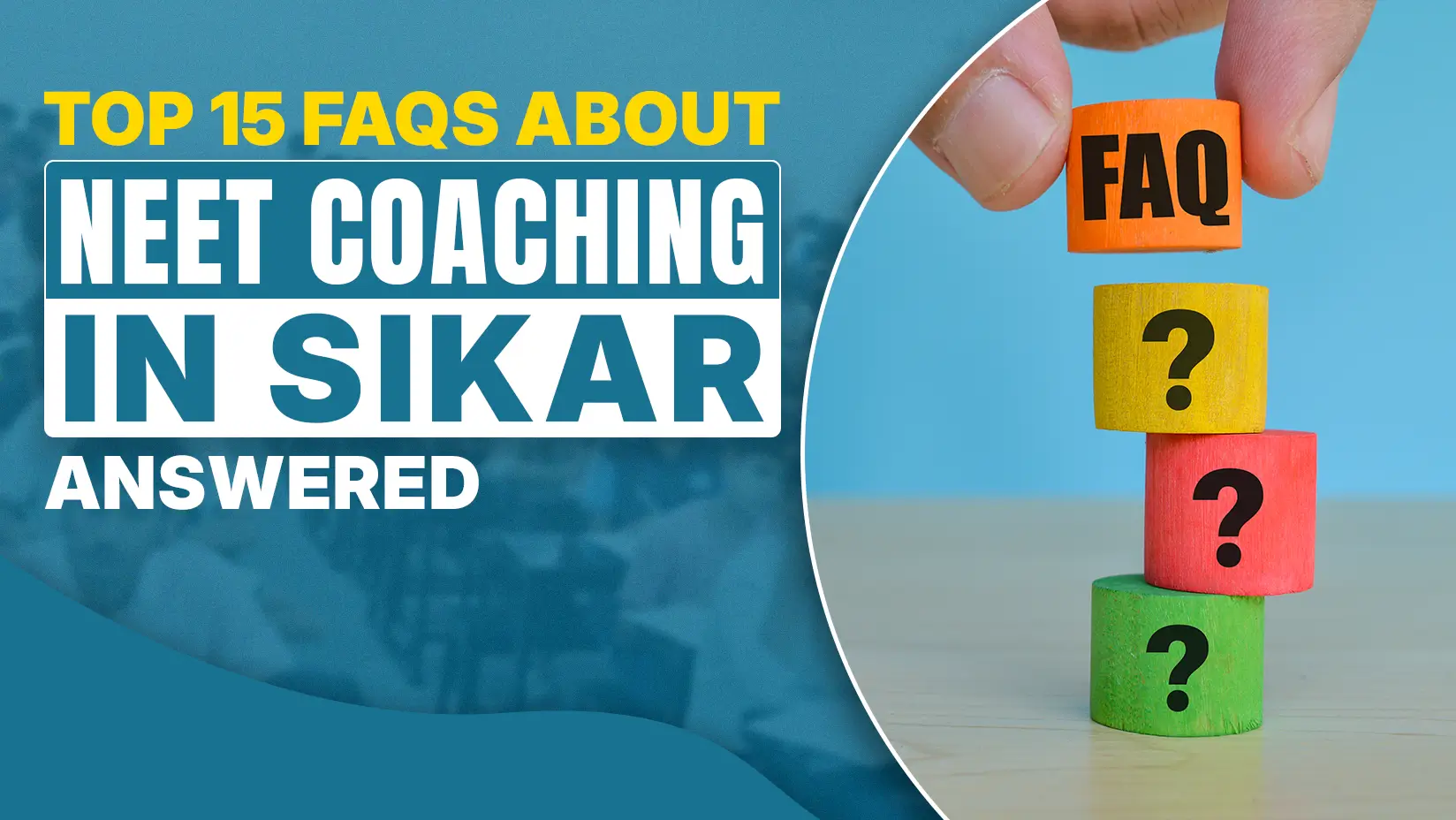During the crucial years of the 11th and 12th classes, changing education boards is a risky decision. Generally, CBSE board does not allow students to change the board in class 12 but under a few circumstances and with proper documentation, they allow students to change. And the board change must happen before the start of Class 12, not mid-year.
So, if you are planning to switch to CBSE for Class 12, in that case, this blog will help you understand everything, from an overview to important guidelines which you must know before applying for the change. Let’s discuss.
A CBSE School in Sikar offers quality education under the Central Board of Secondary Education, focusing on strong academics, English-medium instruction, and overall student development. These schools follow a structured curriculum and prepare students for board exams as well as national-level competitive exams.
Table of Contents
ToggleUnderstanding the Key Differences Between State Boards and CBSE
To understand how to switch from state boards to CBSE, you first need to understand what each of them is and why you should change. CBSE (Central Board of Secondary Education) is a national-level board that runs and manages many government and private schools in India. Whereas state boards are education systems managed at the state level in India, like RBSE, MBPSE, etc. Each state creates its own structure and holds exams independently.
Let us take a quick overview of the major differences in the syllabus pattern, design, examination pattern, medium of instruction, and recognition between the two.
| Main Differences Between State Boards and CBSE | ||
|---|---|---|
| Aspect | CBSE | State Boards |
| Syllabus Difference | It is the same nationally, designed by NCERT and consistent across all CBSE-affiliated schools in India. | Each state board has its own syllabus, designed by the state, and it varies from one state to another. |
| Syllabus Design | Focuses more on concept clarity, analytical learning, and preparation for national-level competitive exams like JEE, NEET, and NDA. | Basically focused on regional curriculum demands, local subjects, and more focus on state-level exams or language studies. |
| Examination Pattern | Competency-based questions, MCQs, internal assessments, and projects. | More theoretical and descriptive questions, with more focus on memorization, and final exams. |
| Medium of Instruction | Mostly English or Hindi | Mainly focusing on regional languages and English, depending on the state. |
| Recognition | Recognized nationally and internationally. | State-specific. |
Is Changing Board in Class 12 Possible?
Generally no, but technically yes. It is not allowed for a student to switch boards in Class 12th. But still, if a student wishes to do so, then he/she needs to understand certain policies before planning the same.
CBSE allows a student from another recognized state board to switch to CBSE in Class 12 under exceptional circumstances, such as parental transfer or relocation.
The general policy typically requires students to complete both 11 and 12 classes under the same board and syllabus to maintain academic continuity. This is mainly because Class 11 is called the foundational level for Class 12th.
For a CBSE student, once the name is submitted for the Class 12th Boards exam, even in the case of migration from one CBSE school to another or from a different board to CBSE is generally not permitted.
Although changing subjects in Class 12 is allowed, one needs to follow strict guidelines to do so.
Procedure For Switching Boards After Classes 10 And 11
To contact CBSE regarding switching from a state board to CBSE, you can visit their official website, cbse.gov.in. Or you can contact the CBSE Helpline Number: 011-24050336, 011-24050337, 011-24050338. You can also send an Email to info.cbse@gov.in. Check out the following table for more information.
| Step/ Aspect | Details |
| Ideal Timing | After class 10th (before starting class 11th) |
| Research and School Selection | Choose a CBSE-affiliated school with available seats in class 11th. |
| Required Documents | Transfer Certificate, Migration Certificate (if applicable), Class 10th Marksheet, Birth Certificate, ID Proof (Aadhar Card), Character Certificate (if needed). |
| Application Process | Fill the admission form, submit the required documents, and appear for entrance tests or an interview, depending on the school rules. |
| Admission Confirmation | Receive admission confirmation and then proceed by completing the CBSE registration process. |
| Eligibility Certificate (If Applicable) | For those who are switching from foreign or non-recognized boards, they need to submit an eligibility certificate from CBSE. |
| Deadlines | Follow the school and CBSE deadlines for admission and subject changes. For example, you can change subjects in CBSE before Mid-July. |
| Switching After Class 11th | One needs to repeat Class 11 under CBSE due to differences in the syllabus. |
| Restrictions | Switching directly to CBSE Class 12th after completing Class 11th under another board is generally not allowed. |
| Special Cases (Parental Transfer) | Admission is possible mid-session with proper documents like transfer orders, post-facto, CBSE approval required within 1 month. |
When to Switch Boards and Things to Keep in Mind?
The ideal time for students to switch boards without stress is after completing the 10th standard. This is because a student needs a clear understanding of the Class 11 syllabus to grasp complex topics in Class 12, so switching after Class 10 allows them to adapt smoothly to the new syllabus.
What to Keep in Mind while Switching Boards?
Switching boards after 10 is generally possible, but if one is considering moving from a state board to a completely different board, like CBSE or ICSE, it may cause syllabus alignment issues if not carefully planned. However, there are a few things to keep in mind:
Some boards may have specific requirements for students who are transferring from another board. For example, you may be required to submit a transfer certificate from your previous school.
Your new school may also require you to take a placement test to assess your academic level. This will help them to place you in the appropriate classes.
If you’re transferring from a different stream (e.g., from Science to Humanities), you may need to take some additional bridging courses.
Note: It is important to contact the school where you want to transfer as early as possible to discuss their specific requirements and procedures.
Is Switching Boards an Issue?
Switching boards during or after Class 12 is generally not considered beneficial due to irregularities in academic performance, syllabus continuity issues, board exam registration complications, and, in some cases, language issues as well.
Importance of Registration and Syllabus Continuity in Class 11
To register for Class 12 board exams, a student must have completed Class 11 under the same board, as the study pattern is designed as a two-year course, which is (Class 11 + Class 12). Understanding the basics is important from Class 11 to understand the complex topics in Class 12th.
That’s why switching boards in the middle without authority approval can lead to major issues such as non-recognition of previous academic years, difficulty in board exams, and syllabus gaps.
Another reason why switching boards in the midstream is not the best idea is that it further complicates and stresses the process by submitting transfer certificates, as schools and boards require proper documents when admitting students transferring from different boards to ensure academic continuity.
Issues with Switching from One Board to Another
If you plan to switch education boards late (after Class 11th and Class 12th), it can have a serious impact on various aspects. The table below will help you understand those aspects more easily.
| Aspect | Impact of Late Board Switching |
| Academic | Syllabus gaps, exam preparation issues, and extra study burden. |
| College Admissions | Delays and complications in admission due to any mismatch in either documentation or academic background. |
| Competitive Exams | Not being able to understand the syllabus properly, reduced preparation time, and fewer chances of succeeding in competitive exams. |
| Emotional/ Psychological | Increased stress, anxiety, social isolation (in some cases), and decreased confidence. |
| Long-term Perspective | Resilience can develop if given proper support. |
Note: Switching boards late is still possible, but it comes with certain risks and challenges. If managed properly, the outcome can be successful.
Alternatives To Switching Board In Class 12
The table given below provides accurate and detailed information about alternatives to switching boards in Class 12, mainly focusing on private candidates, open schooling, and subject or stream change options.
| Alternative | Description | Key Points/ Restrictions |
| CBSE Private Candidate | Those who take Class 12 exams privately. | No need to attend regular classes, and strict application timelines. |
| Open Schooling (NIOS) | Flexible, independent schooling | Broad subject choice, wide acceptance. |
| Dual Registration | Not permitted by Indian boards. | Taking such a risk can cause major consequences, as it is not permitted. |
| Stream/ Subject Change | Changing the board is allowed if the requirements and deadlines are met. | In this case, School and board approval is required. |
| Repeat Class 11 in New Stream | One can consider this as an option if planning to switch after Class 11th, not in Class 12th. | Considered common for stream shift. |
Summary
Long story short, if you want to switch your current board to CBSE, you are allowed to do so only if you have completed Class 10 under any state board, and plan to move to a CBSE school for Class 11 and 12. You are also allowed to switch boards under exceptional circumstances, like a migration or transfer. However, if you are already enrolled in Class 11th under a state board and wish to shift to CBSE for Class 12 only, that is not permitted under CBSE’s rules. Although some exceptions may exist, they are rare.


